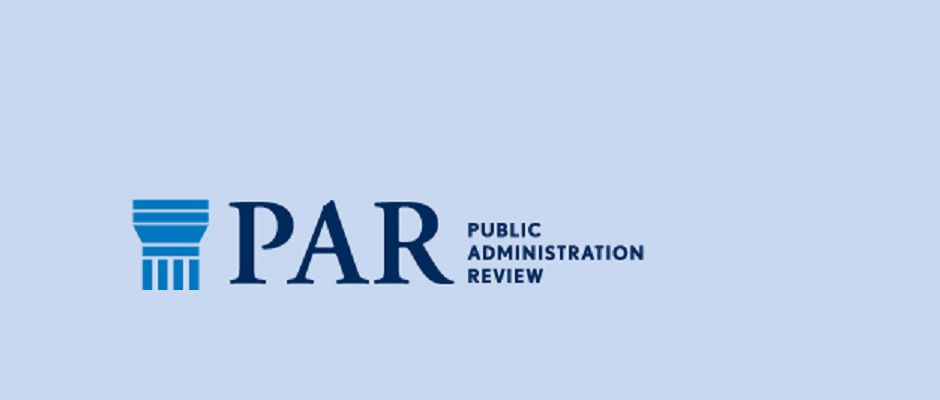
There are five villages in the Damrey Slab commune of Cambodia’s Kampong Thom province, but travel among them was difficult. The roads between villages were in disrepair, complained Mr. Chea, a villager in Damrey Slab commune, during an interview not long ago, and his village still struggled with underdevelopment. The road from his village to the main road became impassable every year during the rainy season. Travel to the Cambodian capital, for simple necessities like obtaining an identity card, was a costly and time-consuming challenge. His fellow villagers had asked the commune chief during the last election to rebuild the roads and dams in the commune, but the budget, controlled from the capital, was never available.
In the period after the collapse of the Khmer Rouge regime, Cambodia favored government centralization because of the fragility of state institutions. But in the late 1990s, at the urging of the international development community, Cambodia began moving towards decentralization, adopting its first 10-year decentralization plan in 2010 and a second 10-year plan, upon its expiration, that will run until 2030.
In 2021, the Asia Foundation, in partnership with SILAKA, launched a three-year project, with funding from New Zealand’s Ministry of Foreign Affairs and Trade, entitled Promoting the Transparent and Accountable Management of Local Funds in Cambodia, to help local councils become more responsive to citizens’ needs and to bolster citizen participation in the planning and budgeting process. The project works directly with commune councilors, civil servants, and citizens from 24 communes in four provinces: Kandal, Kampong Chhnang, Tboung Khmum, and Kampong Thom. This project has benefitted from strong cooperation from the local authorities, and guidance and support from the Ministry of Economy and Finance (MEF), the Ministry of Interior (MoI), and the National Committee for Sub-National Democratic Development (NCDD), which oversees local administration. The project is looking for improvement in four aspects of the planning and budgeting process: transparency, participation, responsiveness, and accountability.
A baseline study conducted at the project inception helped identify many of the obstacles that hinder effective citizen participation in local planning and budgeting. The study found that citizens were often unable to attend commune budget meetings because of the demands of work or family. Others did not understand the planning and budgeting process enough to participate. Interestingly, more than 50 percent of study respondents claimed that they did not even know about the meetings. Some believed they needed an invitation to attend. But even when the public is present, they often lack the confidence to fully participate.
Commune councilors need support to help them respond to citizens’ needs and to better share budget information with local authorities. In the project’s baseline study, village chiefs in six communes revealed that more than half the communes did not share budget information at the village level. Commune chiefs at district dialogues claimed that many citizens ignore commune planning and budgeting because the budgets are small, and their priority needs are never met. This creates a vicious cycle.
To improve transparency, participation, responsiveness, and accountability, the project has instituted two training and mentoring programs: Good Governance and Commune Development Planning and Gender-Responsive Budgeting, Communication Skills, and Resource Mobilization. These programs have been helping local officials develop a more participatory budgeting process, mobilize more resources to respond to citizens’ needs, and develop budgets that consider the unique interests of both men and women.
The Asia Foundation–SILAKA project organizes public dialogues at both the district and provincial levels to help citizens and commune councilors learn more about their rights and responsibilities in the budgeting process. Some other useful elements of the project include organizing exchange visits, producing informational materials such as videos and posters, developing an online e-map with links to information on each commune’s budget, and organizing public forums to raise awareness of the importance of citizen participation and to allow citizens and commune councilors to better understand each other.
This collaboration between government agencies and nonprofit organizations has proven to be quite effective, and the MEF, the MoI, and the NCDD have all strongly supported the project with technical inputs, resources, and advice on project strategies and materials. Technical staff from all three agencies participate in the development of the training curriculum and usually attend the project advisory group meetings to ensure that the project is moving in the right direction. Local authorities have also pitched in.
In the two years since the Asia Foundation–SILAKA project began, there have been some changes in the Damrey Slab commune where Mr. Chea lives. The commune councilors have built paved roads connecting the villages of the commune. They have also rebuilt several dams and ponds that villagers use for irrigation and watering livestock. The commune is taking steps to renovate the 10km road connecting Mr. Chea’s village to the national highway. And Mr. Chea and his fellow villagers have now learned about their rights and have seen how their participation in the budgeting process can improve their lives and livelihoods. Decentralization in Cambodia seems to be fulfilling the expectation that empowered citizens and empowered local government can work together for better development outcomes.
The original article was posted on the Asia Foundation’s website by Sok Vannaroith, a program officer for The Asia Foundation in Cambodia. The views and opinions expressed here are those of the author, not those of The Asia Foundation.




